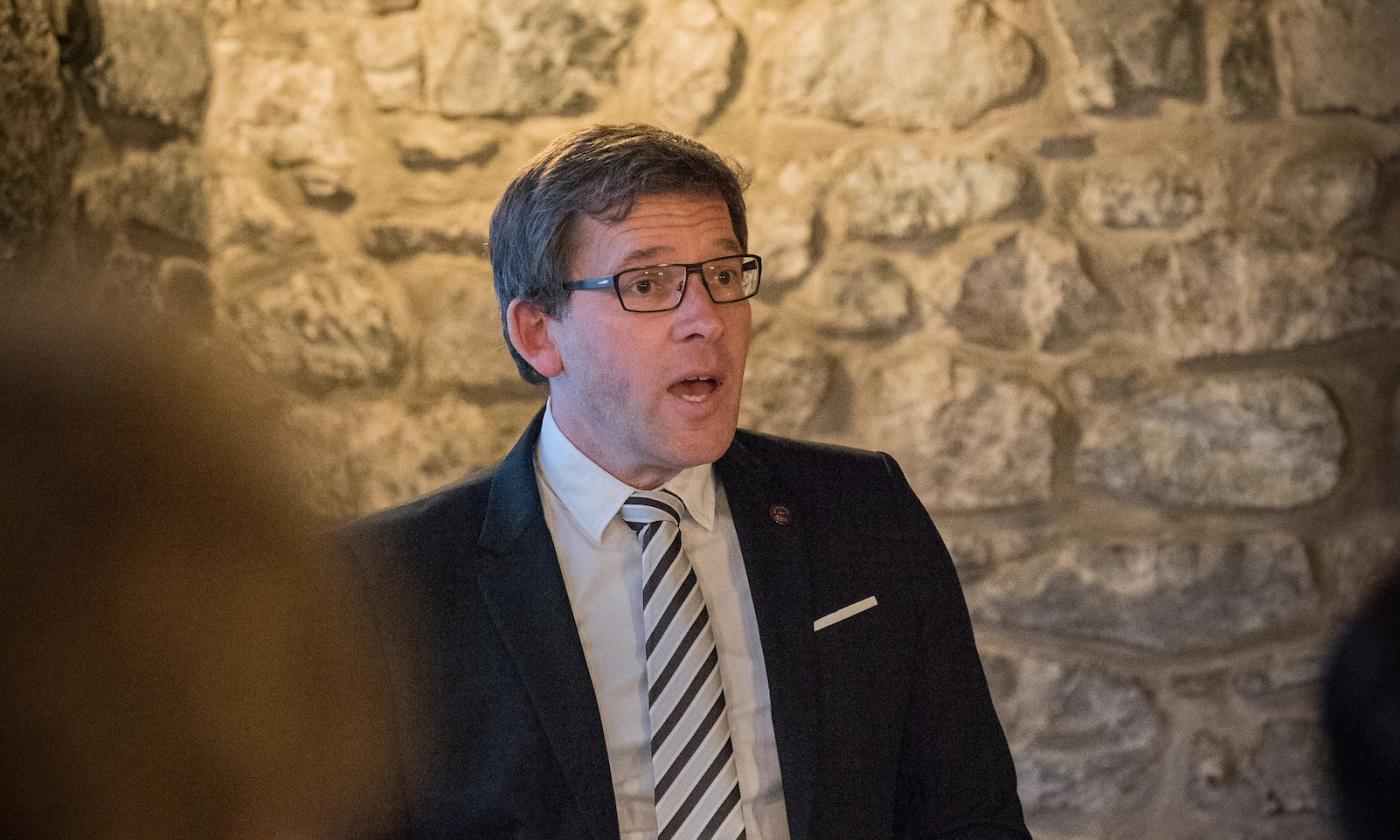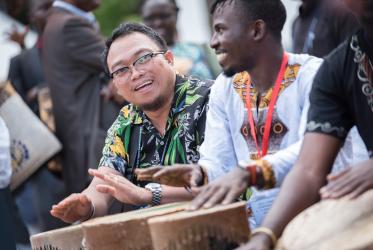What was the main goal of the consultation?
Dr Simon: On one hand, the conference was about looking at the challenges theological students and faculties faced over the time of the COVID-19 pandemic and, on the other hand, the conference was about reflecting on what we have learned from the pandemic so we can re-conceptualize the aim of theological education. We also want to move forward to a third step about transformative pedagogies, and what we really can put into practice now after the pandemic, knowing that the pandemic will be part of our lives in the future.
What are some ways theological pedagogy can move forward from the pandemic?
Dr Simon: Although we have to mourn with the people, we can start also working on positive aspects of our learnings from the pandemic. We will not return to the way things were before but we will create a good symbiosis of the experience from that period of time. It was an important aspect to give space to the many participants to share from their different experiences. We always have benefited from online modalities but the pandemic has opened up many new possibilities in many different institutions.
What are some examples of specific contexts you considered?
Dr Simon: We had one representative from Ethiopia, for example, and it was clear that, for him, online access is still the biggest challenge because of the lack of internet. We really have to be careful here not to move forward too fast, leaving behind some institutions that are not able to adjust to these new pedagogies due to lack of internet. If a country is not connected, we have to be careful not to exclude them.
We also had a representative from the Ecumenical Disability Advocates Network. One of the network’s members reported about a woman with disabilities from the Arab world. Women with disabilities in the Arab world—thanks to online courses—are able to be trained, educated, and formed in the theological needs that they do have. They could never manage to have courses in person.
Will pedagogy have to address the trauma of the world from COVID-19?
Dr Simon: We included the important aspect of trauma because the increase in trauma has been a big challenge for students, with post-traumatic stress disorder increasing for a lot of them. We became aware that for theological education in these times, it was dangerous to leave behind people suffering from trauma. This was something we discussed intentionally with professionals dealing in this area.
What was the biggest takeaway from the conference?
Dr Simon: We agreed that going online is not a replacement for the educational systems that we have had in the past. It is rather something which comes as a positive aspect on top of the classical physical teaching in theological education. We are to use this opportunity appropriately. For many students, once they have an experience together online, then come together as a bigger group, they are already an entity through their online experience. We had many good examples of that coming out of the WCC 11th Assembly in Karlsruhe, out of the Global Ecumenical Theological Institute, and out of the Bossey Ecumenical Institute.
The conference was such a rich encounter. It really gave us also food for thought to rethink what theological education is about, what we intend with it, and what it requires. The increasing relevance of online theological education models and networks will remain a highly important field of work of the WCC programme for Ecumenical Theological Education.
Pandemic and Pedagogy: Ecumenical Consultation on Theological Education








